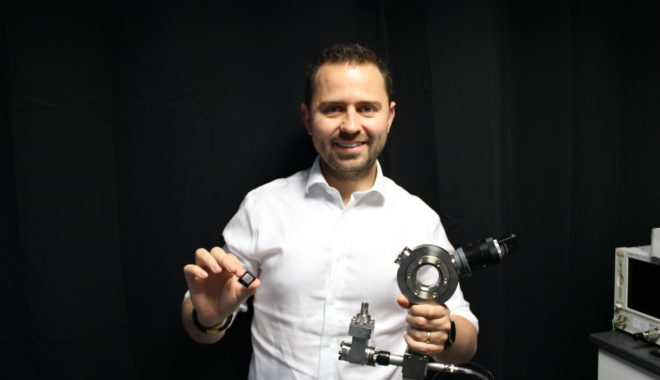University of Oxford
The University of Oxford has been placed number 1 in the Times Higher Education World University Rankings for the fifth year running, and at the heart of this success is its ground-breaking research and innovation.
This work helps the lives of millions, solving real-world problems through a huge network of partnerships and collaborations.
The breadth and interdisciplinary nature of Oxford’s research enables cutting edge innovation, whether it be developing new energy solutions, advancing medical treatments, understanding climate change processes, or building pioneering quantum technologies.
The University’s impact is exemplified in its response to the COVID-19 pandemic: the Oxford-AstraZeneca vaccine was developed and has protected millions of people worldwide; a rapid COVID-19 test was created and is now in use at UK and international airports; and through the RECOVERY trial, dexamethasone was identified as an effective treatment for the virus, saving many lives and reducing pressure on the NHS.
The economy and wider society benefit from the University of Oxford’s research successes. With more technology licences completed than any other UK university, more than 200 spinouts created, £4bn in external funding raised for spinouts since 2011, and 11 spinouts listed either on LSE or NASDAQ, Oxford is clearly open for business.
Member stories

Celebrating communities’ role in science
Universities are regional anchors and integral to their ‘place’ with many examples of collaborating on scientific research with communities. Here are some recent community-led research activities by our members.

Reflections on COP28: how our partner universities are inspiring a green revolution
Universities and the ground-breaking research from their dedicated teams have long influenced the conversations and change connected to COP. Here are highlights from some of our members’ COP-related research and activities.

SES members to play a leading role in training future scientists and engineers
Some 4,000 students will benefit from a £1bn investment in doctoral training centres for engineering and physical sciences, with SES members lead partners in almost a third of them.

Discovering positive research initiatives at SES universities
Our partner universities are at the cutting edge of research. They constantly strive to create environments where new ideas can flourish, and innovation is second nature.

The spin-outs changing our world
Spin-outs have the potential to redefine how research, patient care and product development is handled in the future. Find out about SES members’ spin-out activities.

Showing our impact – REF 2021
Looking beyond SES members’ excellent performance in REF 2021 to their case studies reveals the positive impact their research is having. Here are some examples.

Patrick Grant
Pro-Vice-Chancellor Research
Executive Board Member

Martin Edmunds
Head of Research Support, Mathematical Physical and Life Sciences Division
Operational Lead / Equipment Sharing Group member

